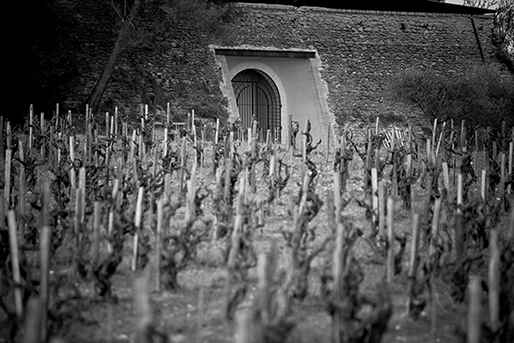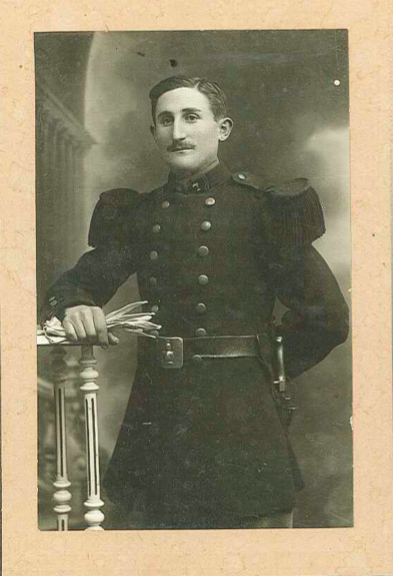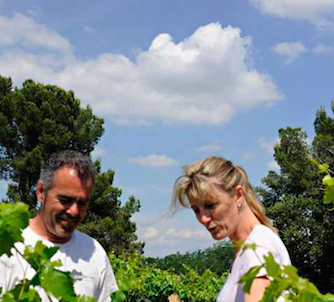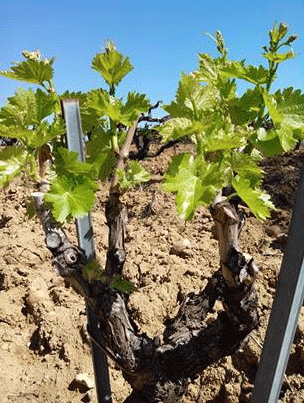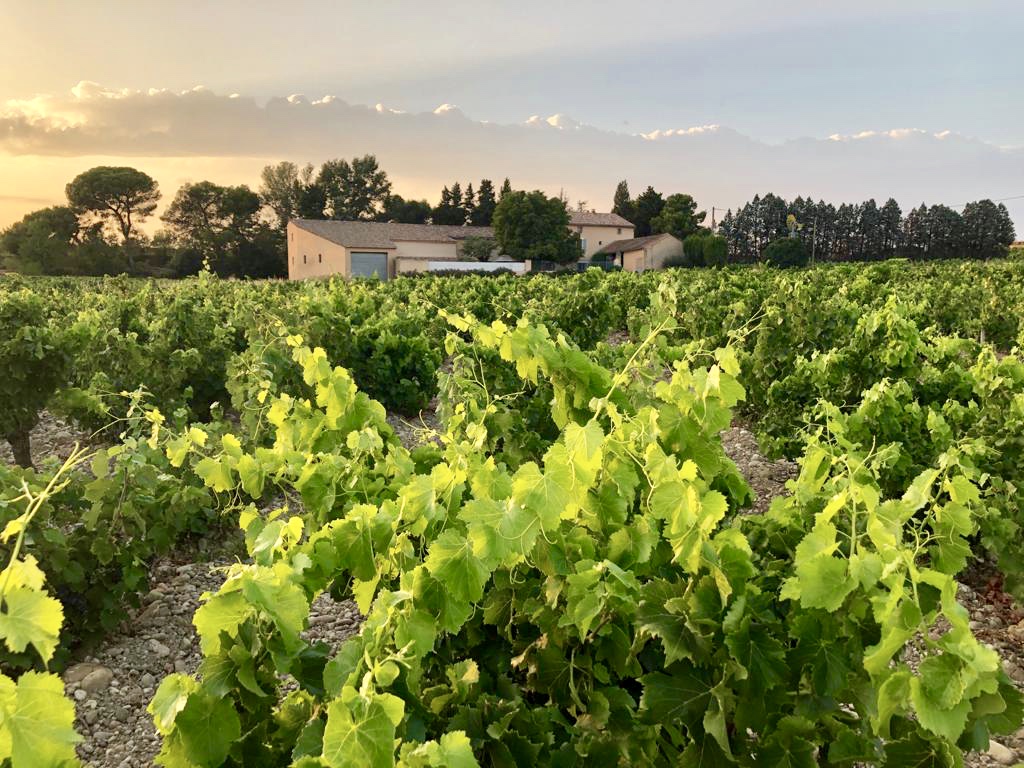MENTIONS LEGALES
Présentation
En vertu de l’article 6 de la loi 2004-575 du 21 juin 2004 pour la confiance dans l’économie numérique, il est précisé aux utilisateurs du site http://closducaillou.com l’identité des différents intervenants dans le cadre de sa réalisation et de son suivi :
Responsable de publication : Sylvie VACHERON
Hébergeur : Online SAS - BP 438 - 75366 Paris CEDEX 08 - RCS Paris B 433 115 904
Conception
Ce site a été conçu et réalisé par Geoffroy BEGOUAUSSEL (jeyffrey.fr).
Informations légales
Articles L3322-2, L3342-4, L3323-2 du code de la santé publique :
L'abus d'alcool est dangereux pour la santé, à consommer avec modération.
L'alcool ne doit pas être consommée par des femmes enceintes.
La vente d'alcool est interdite aux mineurs.
Données personnelles
Les informations recueillies auprès des personnes par le biais des formulaires de contact sont destinées exclusivement à l’usage de Sylvie VACHERON. Elles ne sont en aucun cas communiquées à des tiers. Conformément aux articles 39 et suivants de la loi 78-17 du 6 janvier 1978 relative à l’informatique, aux fichiers et aux libertés, toute personne peut obtenir communication et, le cas échéant, rectification ou suppression des informations la concernant, en s’adressant à Sylvie VACHERON par le biais du formulaire de contact de ce site web : closducaillou.comcontact . Toute personne peut également, pour des motifs légitimes, s’opposer au traitement des données la concernant.
Google Analytics
Ce site utilise Google Analytics, un service d’analyse de site internet fourni par Google Inc. (« Google »). Google Analytics utilise des cookies , qui sont des fichiers texte placés sur votre ordinateur, pour aider le site internet à analyser l’utilisation du site par ses utilisateurs. Les données générées par les cookies concernant votre utilisation du site (y compris votre adresse IP) seront transmises et stockées par Google sur des serveurs situés aux Etats-Unis. Google utilisera cette information dans le but d’évaluer votre utilisation du site, de compiler des rapports sur l’activité du site à destination de son éditeur et de fournir d’autres services relatifs à l’activité du site et à l’utilisation d’Internet. Google est susceptible de communiquer ces données à des tiers en cas d’obligation légale ou lorsque ces tiers traitent ces données pour le compte de Google, y compris notamment l’éditeur de ce site. Google ne recoupera pas votre adresse IP avec toute autre donnée détenue par Google. Vous pouvez désactiver l’utilisation de cookies en sélectionnant les paramètres appropriés de votre navigateur. En utilisant ce site internet, vous consentez expressément au traitement de vos données nominatives par Google dans les conditions et pour les finalités décrites ci-dessus.
Propriété intellectuelle
L’ensemble de ce site relève de la législation française et internationale sur les droits d’auteur et la propriété intellectuelle. Tous les droits de reproduction sont réservés. La reproduction de tout ou partie de ce site sur quelque support que ce soit est formellement interdite sauf autorisation expresse et préalable du ou des auteurs.
Tout site public ou privé est autorisé à établir, sans autorisation préalable, un lien vers les pages du site http://closducaillou.com.


![Close [X]](/views/img/close.png)
